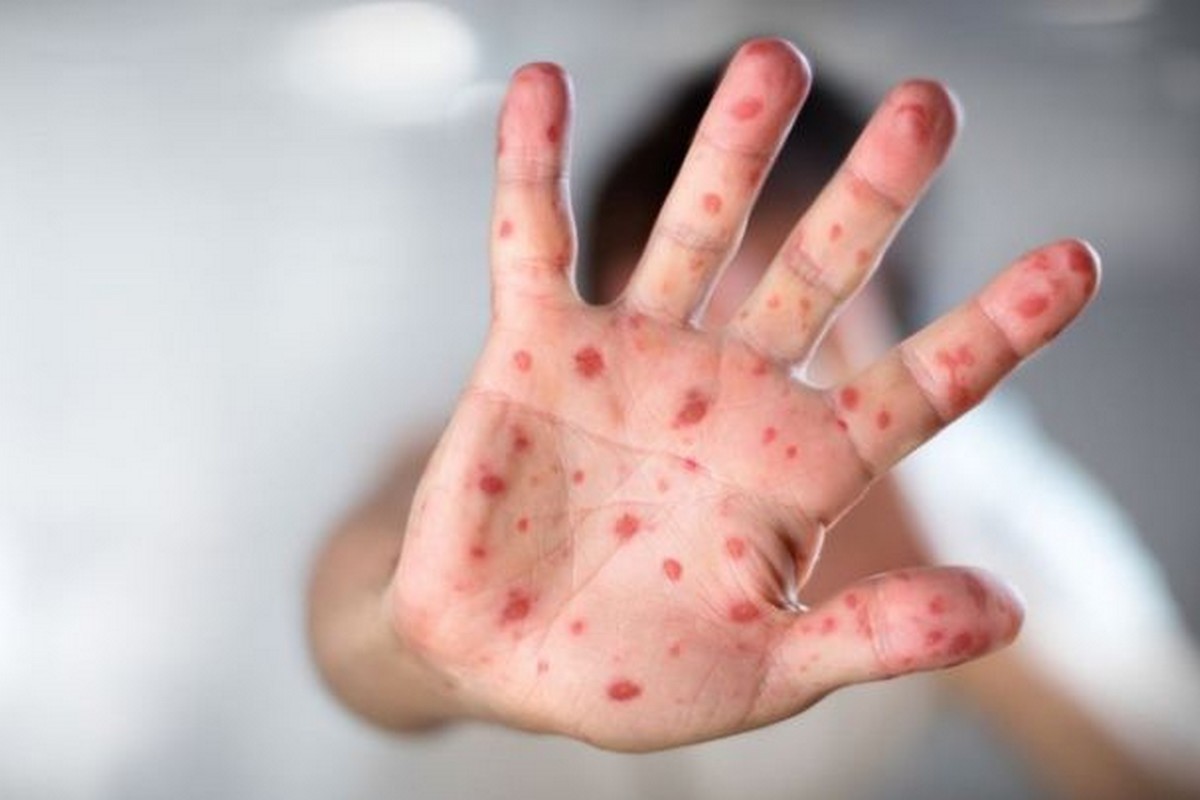Infectious disease such as the measles and pertussis that had been almost forgotten are making a dynamic come back amongst populations of European countries, with the recent experience of the COVID pandemic teaching us that when a health crisis erupts, it’s only a matter of time before it spreads.
Greece, currently counts at least five confirmed cases of the measles among adults, while during the previous epidemic surge (2017-2018), more than 3,200 cases were recorded.
According to Associate Professor of Hygiene and Epidemiology at the University of Athens, Gikas Magiorkinis the resurgence of measles in Europe can be attributed to incomplete or omitted vaccinations. “Measles, highly preventable through vaccination, exhibits over 99% effectiveness when the vaccination schedule is completed,” he explains.
Under these circumstances, it comes as no surprise when Magiorkinis warns that a similar setback could occur with other diseases such as diphtheria, tetanus, mumps, and hepatitis A if the trust relationship between humanity and vaccines is undermined or if vaccination programs are disrupted for other reasons.
The data from a study regarding parents’ attitudes towards the routine vaccination of their children reveals the gray areas in this crucial field of prevention. From September 2019 to June 2020, the Medical School of the University of Patras studied the responses of parents with children in primary education living in Western Greece.
The survey revealed that approximately one-third expressed doubts about a possible link between vaccines and autism. The study also highlighted the fact that 44% of the participants believe that unvaccinated children could attend school. However, it should be noted that 84.6% of parents had fully vaccinated their children, and the primary source of information about vaccines was their pediatrician (90.8%).
Similarly, another study published in 2022 in the scientific journal “Frontiers in Pediatrics,” involving about 900 mothers living in the Athens region, Central and Western Greece, and Crete, concludes that nine out of ten believe that vaccines protect their children from serious and life-threatening diseases.
However, half of them admitted to delaying their children’s vaccination recommended by the National Vaccination Committee. In fact, in 16% of cases, this delay was due to their concerns about possible side effects.
On a global scale vaccine hesitancy has aided the resurgence of measles, with global deaths reaching 130,000 in 2022.





